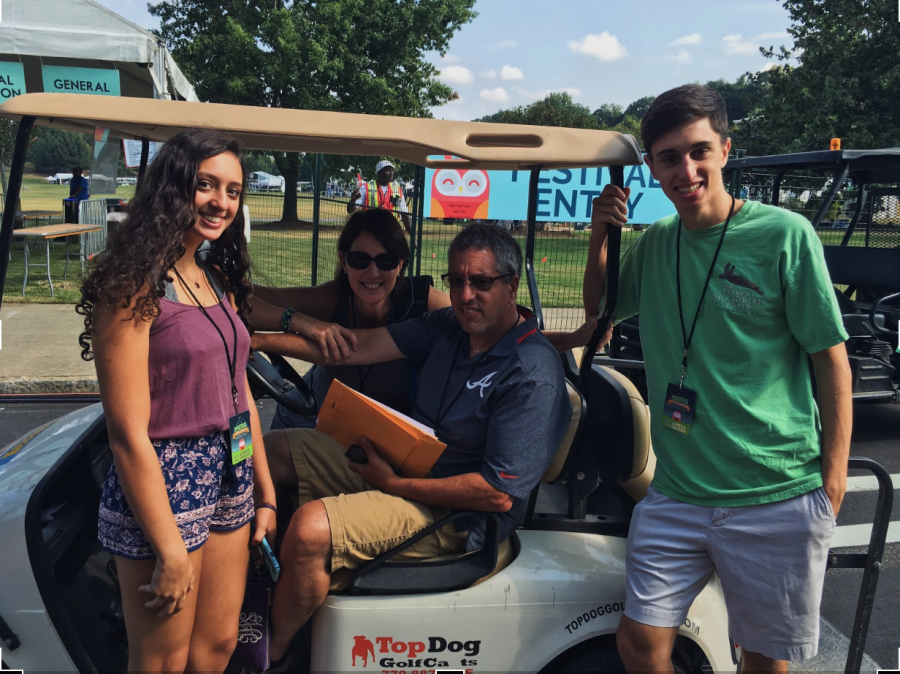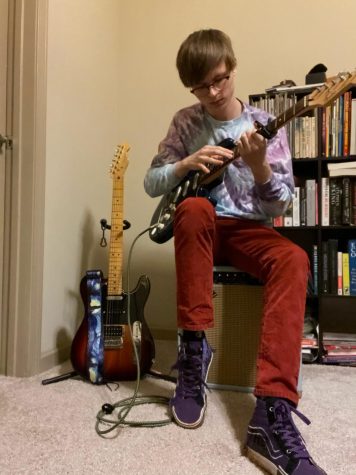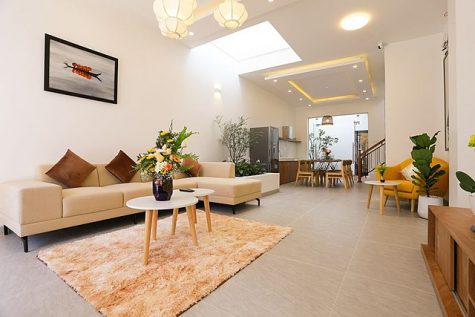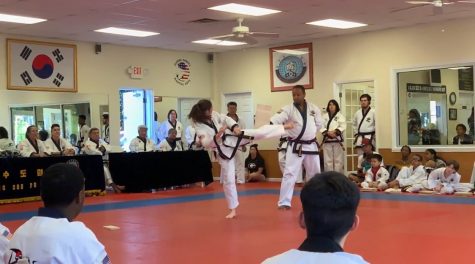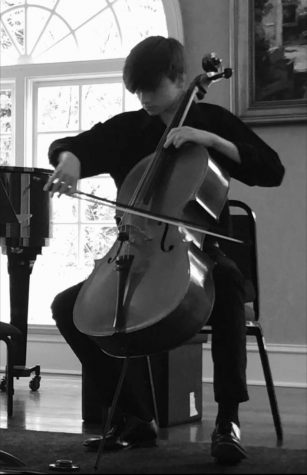Amy Helberg, assistant creator of Music Midtown
More stories from Zoey Phillips
Music Midtown 2017: David and Amy Helberg along with their two kids, ride around the festival in a golf cart to make sure things are running smoothly.
Music Midtown is the focal point of Atlanta’s fall culture. Featuring dozens of artists each year, the festival has grown to become a significant feature of Atlanta’s music life, but it didn’t originate like that.
It began in 1983, when Peter Conlon returned to Atlanta after President Jimmy Carter lost his re-election. Conlon established an organization called Southern Promotions, an entertainment company that promoted sporting and music events.
It was a one man operation until Amy Helberg stepped in. Helberg was just your run-of-the-mill high school student at Riverwood High School. She got lucky because her neighbor knew Jimmy Carter and was able to connect her to Peter Conlon.
“I would go after school and help Peter,” Helberg said. “I would help, do letters, whatever it was, just office work.”
Southern Promotions began to arrange concerts at Chastain Park when Helberg was still in highschool. She was promoted to house manager; she set up and numbered tables and chairs, and called on her friends from Riverwood High School to be ushers.
Soon after, Conlon joined forces with Alex Cooley. Cooley had long aspired to arrange a music festival inside the city.
“Alex was like a dad to me and a grandfather to my kids,” Helberg said. “I talked to him every day on the phone even when he wasn’t in our office. He just had such soul. He had this feeling, and he knew how to make people feel good.”
When Cooley first imagined the idea of Music Midtown, he had Woodstock and the New Orleans Jazz Fest in mind. In 1994, the first Music Midtown was born.
Cooley, Conlon, and Helberg were forced to explain the intricate details of their plan because a festival of this sort and magnitude had never occurred before in the Southeast. People were skeptical of the new ideas because the location wasn’t the customary festival site, stadium, or amphitheater. It was just an undeveloped piece of land in the heart of Midtown.
“We had to convince people to go with us, to bite the bullet and be the first one, especially artists because of their reputation,” Helberg said. “The artists don’t come to Atlanta but once or twice a year, so when they do they want to make sure they will be around their fans and that they get paid well and that it’s a good experience.”
For the first few Music Midtown festivals, Helberg worked side by side with Cooley and Conlon as the main talent buyer. This meant that she bought all the acts for all the stages, called the artist’s agents, negotiated the dates the artist’s would play, and the amount which they would be paid. She also dealt with directly with the artists backstage.
Helberg was the ideal person for the job. She didn’t let the artists intimidate her, and she walked the fine line between taking care of the artist while keeping within her abilities as a host.
“I am not, nor have I ever been, a starstruck person, and I think that’s what they like about me. I treat them normally,” Helberg said.
Helberg now works for Live Nation which bought Southern Promotions, and is still a talent buyer, but has transitioned out of Music Midtown. Even though her current job is booking the Georgian amphitheaters of Lakewood, Verizon, Chastine, and one in Alabama called Oak Mountain, she still participates in all of the conferences for Music Midtown.
“I still love it and I’m glad to be a part of it, but I’m also glad that’s not my job anymore,” Helberg said. “I’m busy doing other shows. You can’t do everything.”
Music Midtown has grown in a way that nobody could have even fathomed. In recent years, Live Nation’s talent buyers don’t have to do any convincing. Popular artists contact Live Nation and ask to play.
“I could never have imagined the price being what it is,” Helberg said. “I think I did maybe 20,000-25,000 people that first year. Then one year it grew, and we had 100,000 people. I never could have imagined. I felt like we did a good job that first year.”
Amy Helberg was a key contributor to the start of Music Midtown. She helped to create a very special place and a unique atmosphere.
“It’s a place where you can lose yourself,” Helberg said.

